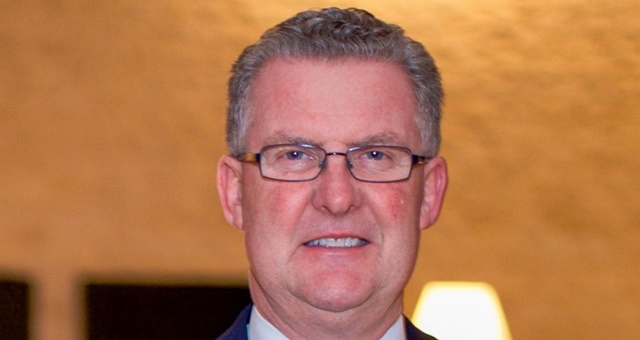
Tourism Accommodation Australia CEO, Michael Johnson, has levelled praise at Federal Tourism Minister Simon Birmingham and the entire Tourism Australia organisation for its work in seeing the country’s Tourism 2020 targets exceeded ahead of schedule.
As reported in HM Magazine’s June edition and cemented through the latest release yesterday of Tourism Research Australia’s ‘National Visitor Survey’ data for the year ending March 2019, total expenditure by domestic and overseas visitors to Australia has surpassed the $115 billion goal set in the Tourism 2020 targets. Combined, the spend figure has grown further to $118.9 billion following the latest data release.
Broken down, Australians spent $74.5 billion in the year ending March 30, 2019, making 109 million overnight trips and spending a collective 386 million room nights away from home around Australia, the data revealed.

While trip numbers increased, the length of stay declined slightly by 0.3 per cent to 3.5 nights on average. The data indicated that Australians are taking shorter, but more frequent trips. Holiday and leisure travel continued to lead the trends, accounting for 40 per cent of overall trips, while business travel made up 23 per cent of the total.
Hotels continue to benefit, with 96.9 million room nights spent in commercial accommodation such as hotels, resorts, motels or motor inns. The dominant accommodation category continued to be the Visiting Friends and Relatives segment, which accounted for 13.6.5 million nights – up nine per cent. Guesthouses and Bed and Breakfast figures were down 11 per cent to four million nights spent over the year.
Commenting on the overall results, Johnson said the government’s domestic and international marketing campaigns have increased Australia’s desirability as a travel destination.
“Australians took 109 million overnight trips across the country over that period, staying 386 million nights and spending a record $74.5 billion.
“What is particularly welcome is more than half of that spend (nearly $38 billion) occurred in regional areas.”

